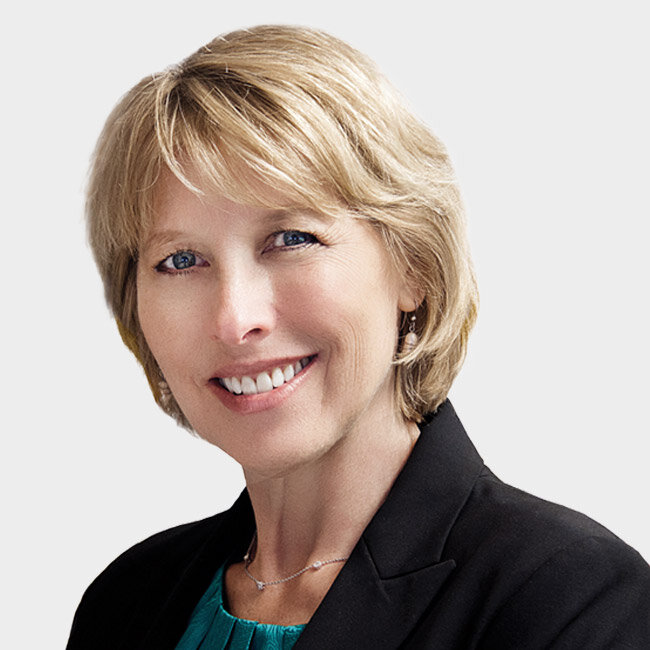Wir verwenden Cookies ausschließlich zu dem Zweck, technisch notwendige Funktionen wie das Login oder einen Warenkorb zu ermöglichen, oder Ihre Bestätigung zu speichern. Mehr Informationen zur Datenerhebung und -verarbeitung finden Sie in unserer Datenschutzerklärung.
- Bücher
- Fachgebiete
- Zeitschriften
- Fachgebiete
- DVDs/eBooks/Apps
- Fachgebiete
- Veranstaltungen
- Fachgebiete
- Videos
- Patienteninformationen
- Patienteninformationen - Meistgesehen
- Ästhetik & Funktion: Frontzähne
- Ästhetische Zahnheilkunde
- Chirurgie
- Dental Explorer Video Edition
- Endodontie
- Fehlbildungen & Fehlstellungen
- Festsitzender Zahnersatz
- Herausnehmbarer Zahnersatz
- Implantologie
- Mundhygiene
- Parodontologie
- Prothetik
- Restauration: Seitenzähne
- Schwangerschaft & Zähne
- Wurzelkanalbehandlung
- Zahnerhaltung
- Zahnfleisch & Zahnbett
- Zahnimplantate
- Patienteninformationen
- Partner
- Autoren
- Allgemein
- Newsletter
- ISPRD
- Mehr
- Quintessenz
- Verlage
- Sprachen






